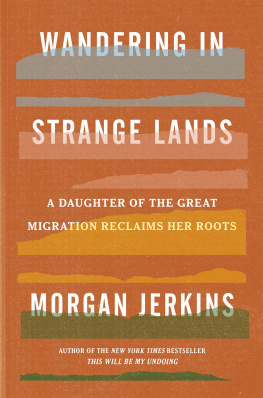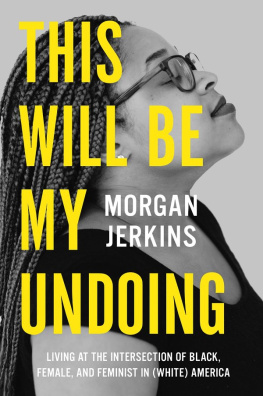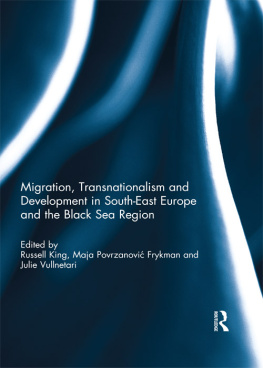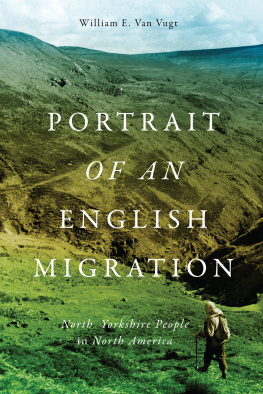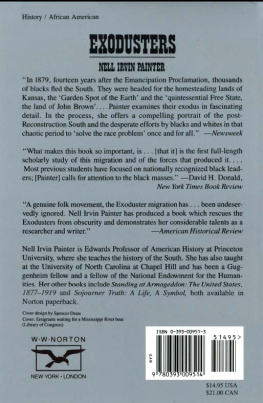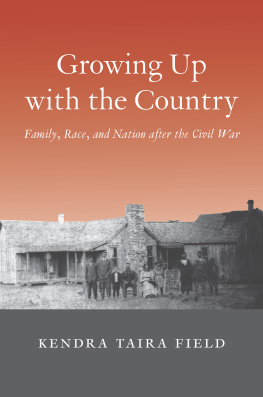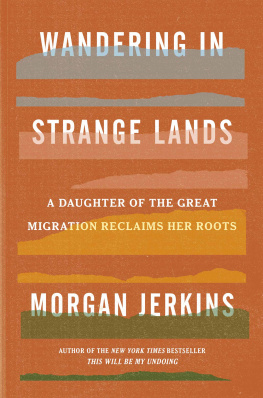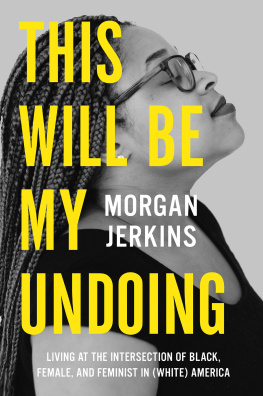I WAS SEVEN years old when I learned that I wasnt my fathers only daughter. He pulled me to his side and said he had something to show me. I assumed that it was a gift. He would regularly visit me at my mothers home, bringing niceties along with his charisma and swagger. Instead, he pulled out his wallet and showed me photos of three girls before saying, These are your sisters. The oldest was eleven years my senior, the middle child was eight years my senior, and the last was just fifteen months my senior. I dont remember saying anything in response. I didnt have the words to express what I felt. Later, I learned that my father not only had three other daughters, but a wife and a dog, as well. They were, from all appearances, the picture-perfect family. I felt like an outsider among my blood, a feeling that would stay with me until I was an adult.
My original birth certificate indicates that my story is half missing. I was born Morgan Simone Regis Jerkins; the Simone and Regis were officially my middle names. My mothers name is Sybil Yvonne Jerkins, but there was a blank spot where my fathers name shouldve been. My parents werent married. In fact, when I was conceived, their relationship had already run its course. The details as to what happened are debatable, but nevertheless there was an omission. On paper, half of my lineage is unknown, although Ive known my father my entire life. When I came into this world, almost a month early, my dad took one look at me and jokingly said, Thats the milkmans baby, because I was so light. I was the lightest person in my church congregation and people would often make jokes about my skin to my mother. Theyd assume that my father was white because I burned in the sun, or theyd say whatever melanin I had would be lost in the winter. I took all the jokes in stride because I knew that I was loved nevertheless. But on the inside, I was in immense pain because I knew that in many ways my maternal and paternal families were different with regards to their own histories.
My father was born and raised in Fayetteville, North Carolina, and migrated to the North to start his own medical business. Almost forty years and thirty offices later, hes one of the most prominent doctors in South Jersey. The resemblance between my father and me allows for locals to be able to connect the dots. There were moments in Macys or at a doctors office when someone would regard my face and know that I was my fathers daughter. The connection would momentarily reaffirm my existence, but that feeling wouldnt last very long. I was more commonly known as Morgan Jerkins in schools and among friends. It was easier to be known this way because I was already living primarily with my mother. Throughout most of my childhood, I felt more like a Jerkins because my dad and his family were an enigma to me.
For one thing, my fathers name, Jon, is spelled like a Frenchmans. His surname, Regis, is French as well. Unlike all the Baptists and Pentecostals I grew up with, he was raised Catholic. And most significant, he carried with him a kind of Southern respectability that, from my point of view, was very distinctive. My father was a first-generation migrant, while my mother was second-generation, and this difference was crucial. He was rooted, and she was flighty, never staying in one place for too long. Forgetfulness even of her familys past was not necessarily a bad thing for my mother. But for my dad, the past was everything. My father frequently travels to a home in North Carolina thats been in his family for over sixty years. When he speaks of Fayetteville, he tips his nose to the sky and grins. Although my father has been in the North since the early eighties, he knows there is nothing like that soil down there, and that attachment to the land is something black Northerners, including my mother, just do not have.
Theres been a certain air about him for as long as I can remember. Whenever he walked into a room, he projected authority. And whenever I visited my fathers home, my mother would devote painstaking effort to making sure that I looked the part. I had to wear jewelry as a sign of sophistication, my clothes had to be ironed, and my posture had to be straight; I had to show that I was just as well adjusted as my three sisters, whom I envied tremendously. They visited my fathers family more often than I did, and theyd met my paternal grandfather and had more memories of my paternal grandmother than I will ever have. When I first visited my fathers family in the South, people would incorrectly guess whose daughter I was, or theyd plainly state that they didnt know who I was. My fathers family was always still mindful of the South, whereas my mothers family seemed to have always been in southern New Jersey.
Only recently have I learned where my maternal grandparents were born. They once lived in Atlantic City and eventually moved to a quieter and whiter suburb in Atlantic County to give my mother and her three siblings a better life. But no home has been in our family name for longer than twenty-three years. My mother moved more than ten times in the earlier part of her life. These vicissitudes might signal an erratic nature to an outside observer, but my family was simply conditioned to believe that movement meant advancement. Every home had to be better than the last. Being too grounded might lead to stagnation. We werent rooted like my fathers family. The Regises oral histories were abundant, whereas those of the Jerkinses were vaguer and incomplete.
Much of my conversation with my mothers side of the family is characterized by whispers and silences. My maternal grandfather would place a fake mouse outside the door of his childrens bedroom whenever grown folks were about to talk, so that my mother and aunt would not eavesdrop. My mother was never that severe in her approach, but I knew that I might be scolded if I stepped outside of my bedroom when adults were conversing. This was one way in which knowledge of who I am and where I came from was kept from me. Even when I was given the space to speak with an adult, like my mother, the conversations were full of dead ends. As a child, if I ever inquired about why we sang a particular song at a family dinner or why we held certain superstitions, I was never satisfied with the answer. Thats just what we do or Thats just what black people do was never good enough for me. As an adult, Ive realized that my family simply didnt know how to draw connections with how they think, act, and navigate their lives in a way that forges a community of relatives. They mightve been satisfied in the unknown, but I wasnt.
No one spoke about the pastthe goal was to move forward and never look back. Neither my mother nor I has taken a trip to the South to visit family. We dont talk about the soil like my father and his people. We can talk about the make and model of cars with more accuracy than about the flora and fauna of our homeland. While my father prides himself on origins, my mother prides herself on originality. She believes that you can create your own identity as long as you keep moving.
I moved to New York in 2015 as a way to not get stuck, forging an identity as an author and editor in the hub of the publishing world. When people would ask me where I was from, my throat would dry up. New Jersey, Id reply. If pressed, Id specify, southern New Jersey. And if their curiosity hadnt cooled by then, Id say Atlantic Citythe most famous locale in the states southern region. This response would leave me feeling ashamed for two reasons: (1) southern New Jersey doesnt seem so fashionable, and (2) I knew that wasnt the full story. I knew that my Jerkins line had to be as storied as my fathers, but I didnt know those stories. How did both families arrive in the same county? How did this Southern man and this Northern woman meet in a hospital, fall in love, and create me? I felt I was midway between two poles, constantly in flux as to who I was and where I came from. My body, like my lineage, was a mystery. Because I didnt have a full narrative from either of my two families, I was not confident in my identity and culture. A sense of loss defined both components. My half-baked statements about my heritage stemmed from a particularly insular Northern upbringing.

